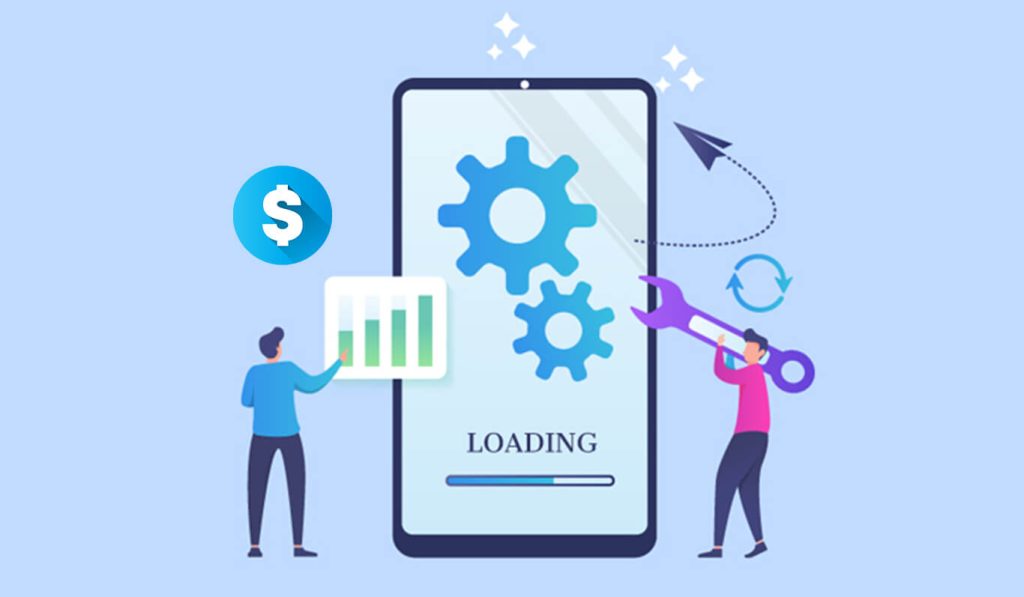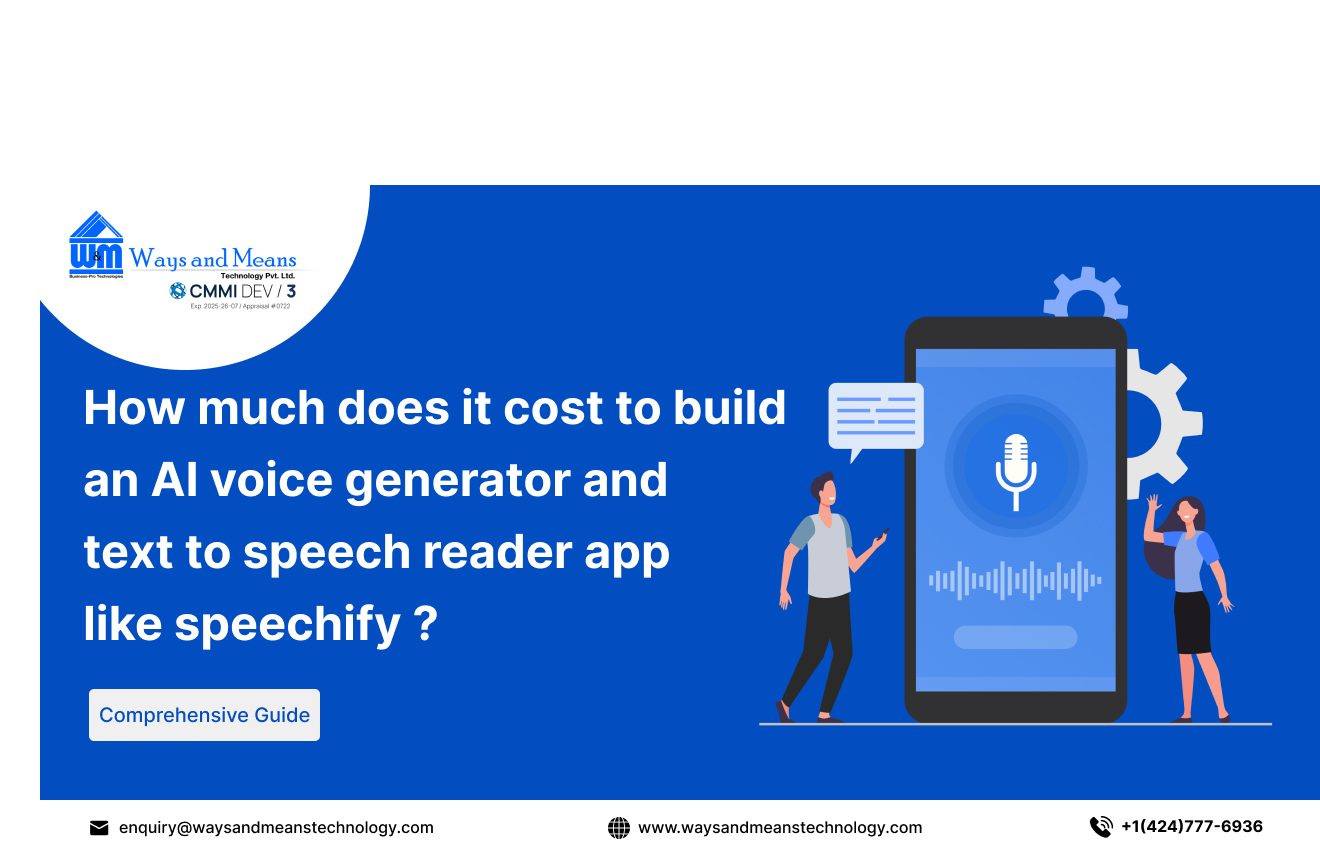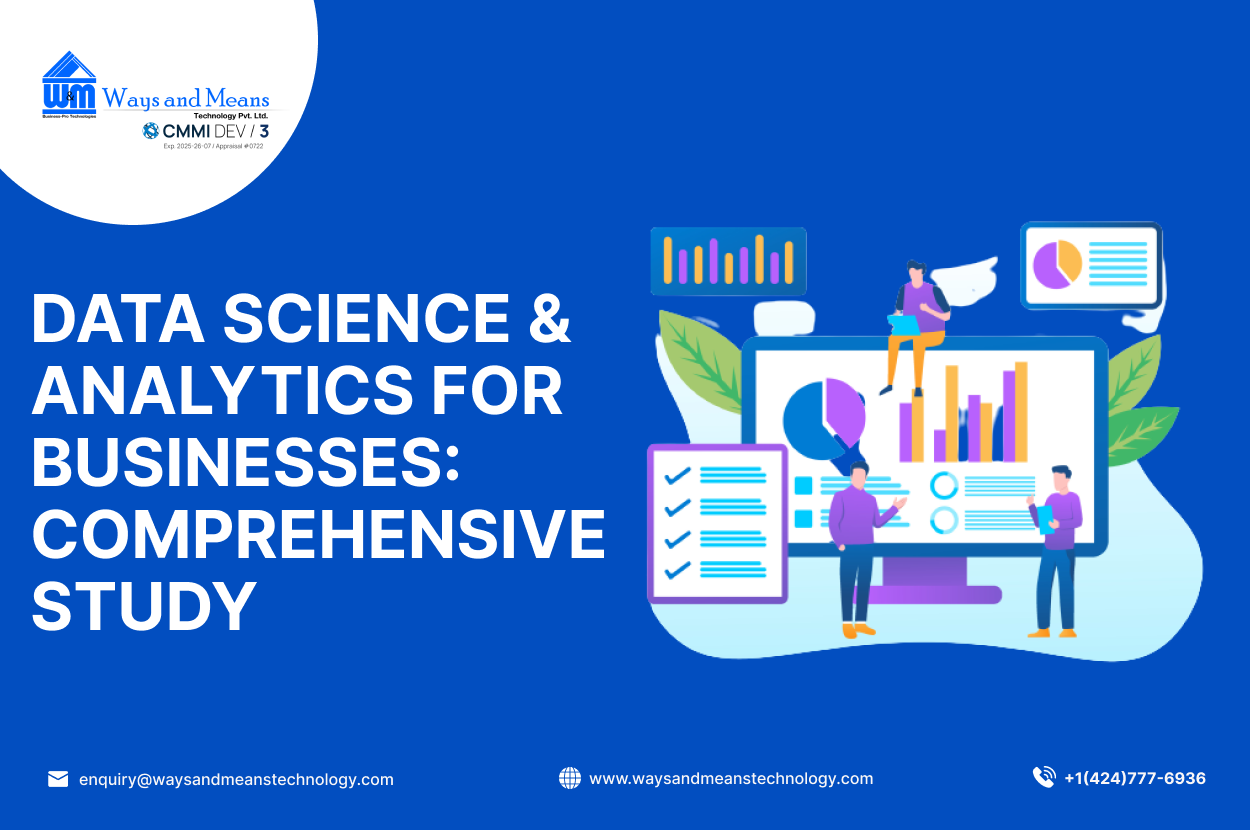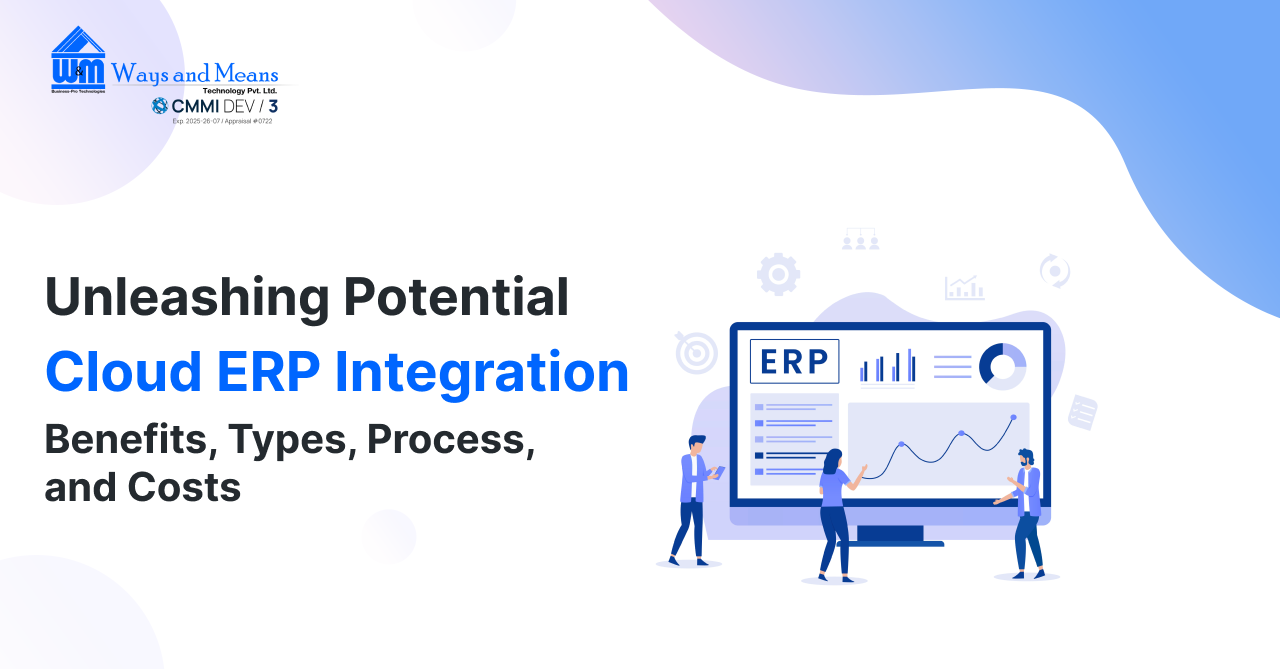How Much Does it Cost to Hire a Mobile App Developer in 2023?
Mobile apps have become an integral part of our daily lives, making it possible to perform a range of tasks from booking flights to ordering pizza, banking to learning, and more. As a result, the demand for mobile app development has increased globally. If you have a great idea, hiring a mobile app developer can bring it to life. But the question remains, what is the cost of hiring a mobile app developer? This article will break down all the factors that influence the cost of mobile app development.
Getting Started with Mobile App Development

- Idea and Goal: Before determining the cost, it’s essential to establish your requirements and have a clear idea and goal for the app.
- Research: Market research is crucial to understand the supply and demand in the app market. Collect data on the most popular and profitable apps and niches to build an app that meets market demand.
- Target Audience: Identifying your target audience is a key factor in app development. Understanding their age, demographics, and location can impact the app’s design and features.
- Monetization: Mobile apps have various monetization options, such as ads, subscriptions, freemium, in-app purchases, affiliate marketing, and more. Establishing a monetization strategy before starting app development can help with design and feature decisions.
- Budget: Understanding the cost of hiring a mobile app developer will help you plan your budget and make other important decisions in the development process.
What Determines the Cost of Hiring a Mobile App Developer?

- Application Type: The type of application is a crucial factor in determining the cost of hiring a mobile app developer. Different application categories such as lifestyle, social media, entertainment, and utilities require different designs and frameworks. The total number of hours required to build the app will depend on the application category and will, in turn, affect the overall cost of development. For example, simple app categories such as clocks, calendars, and note-taking apps require fewer features and are easier to create, thus reducing the total cost.
- Platforms: The platform you choose to develop your app on will also play a role in determining the cost of hiring a mobile app developer. Whether you choose to develop for Android or iOS, or both, this decision will have a significant impact on the cost. The three main types of app development platforms are native apps, web apps, cross-platform apps, and hybrid apps.
Similar Read: Comprehensive Flutter App Development Guide
Native Apps: Native apps are built using the platform’s core programming language, such as Swift for iOS and Java for Android. These apps are built for one platform and provide higher performance, but also come at a higher cost.
Web Apps: Web apps are accessed through a browser interface and can be accessed from any device or operating system. They are cheaper to develop as they lack many of the features provided by native apps.
Cross-Platform Apps: Many businesses choose to build their apps for both iOS and Android platforms, but this can be expensive. A cross-platform approach allows them to build an app that works on both platforms, making it a cost-effective way to reach a larger audience.
Hybrid Apps: Hybrid apps are similar to cross-platform apps but use a combination of native and web app approaches. This type of app provides better designs, features, and security, but can also come at a higher cost.
- Choosing the Right App Development Partner: The choice of a mobile app development partner can greatly affect the success and cost of your project. Some of the options include:

Freelancers: Hiring a freelance mobile app developer can significantly lower the cost of development. You can find talented developers on platforms such as Upwork or Fiverr. However, freelancers may not be able to handle large projects and may not deliver on time. They may have experience but may not provide the level of service required for complex projects.
In-House Team: Companies may opt to set up their own in-house development team, which is ideal for long-term projects. But this also raises the overall cost as these employees require salaries, benefits, and other perks. The company also needs to invest in better equipment and software licenses for their workstations.
Mobile App Development: Company Agencies offer the best of both worlds – expertise and remote working. They have teams of experienced developers who can build mobile apps from scratch. They have a complete understanding of the full life cycle of app development and can cater to your specific needs. Regardless of your location, you can work with these agencies remotely and even hire mobile app developers from India.
Location-Based Development: Charges The cost of app development varies based on the location of the development team. For example, a mobile app development agency in the USA may charge $100 to $200 per hour, while an agency in India may charge $30 to $50 per hour for the same work.
- Complexity: The complexity of an app affects its cost, with more complex apps requiring more time and expertise. The number of features and functionalities you require will determine the complexity of the app. A simple app with basic features will require fewer hours of work, while a complex app with custom UI, integrations, backend support, and more will require more hours and a more experienced developer.
- UI/UX: The user interface and experience are critical aspects of development. A simple interface may be easy to develop but can compromise the user experience. An appealing and easy-to-use app is a must-have. A standard UI may look like any other simple app and may not be as attractive, whereas a custom UI with animations can differentiate your app and attract more users.
- MVP: The minimum viable product (MVP) is the first prototype version of your mobile app that has only the core functionalities. Creating an MVP is important to get a better idea of your app.
- App Maintenance: Just like a building, an app requires regular maintenance to keep it functioning smoothly. Updating the app, adding new features, and other post-development work are considered maintenance. Most mobile app developers offer free maintenance for a limited time, but after that, you will need to pay them for their services. App maintenance should be considered as part of the overall cost.
Similar Interest: Step by Step Guide to Launch a Software Product
Conclusion
The digital age has increased our dependence on mobile apps, and projections show that the global app market will reach $600 billion by 2026. With small businesses to large corporations all creating their own mobile apps, now is the perfect time to bring your own app ideas to life. Hiring mobile app developers will allow you to capitalize on the global demand and bring success to your app.




